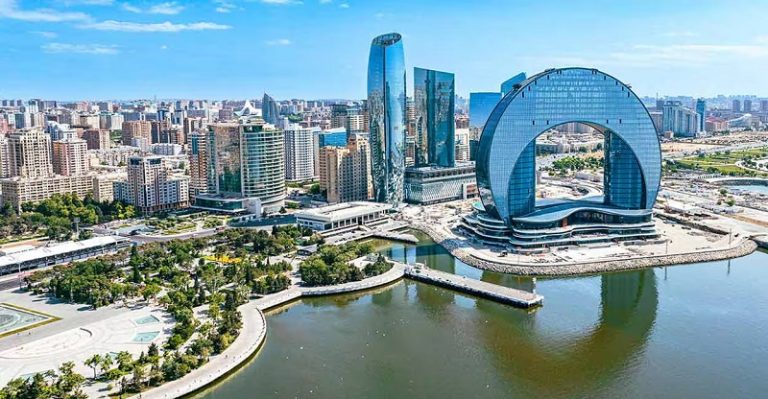The Society of Petroleum Engineers (SPE) Nigeria Council has confirmed speakers for the 47th edition of the Nigeria Annual International Conference and Exhibition (NAICE) 2024. The event will take place from August 5 to August 7, 2024, at the Eko Hotel in Lagos, under the theme “Petroleum Industry Value Chain Optimisation: The Inevitability of Midstream and Downstream Development.”

His Royal Majesty, Oba Prof. Saka Matemilola, Olowu of Owu Kingdom in Abeokuta and a past Chairman of the SPE Nigerian Council, will honour the event as the Special Guest of Honour.
The confirmed line-up of distinguished speakers includes: Terry Palisch, 2024 SPE International President; Herbert Krapa, Minister of Energy, Ghana; Farouk Ahmed, Authority CEO, NMDPRA; Roger Brown, MD/CEO, Seplat Energies; Elohor Aiboni, MD, SNEPCO; Gbite Falade, MD/CEO, Aradel Holdings; Sanjeev Verma, Vice President, Halliburton; Audrey Joe-Ezigbo, Managing Director, Falcon Corporation; and Debo Fagbami, MD, NEDOGAS, amongst others.
“Our line-up of speakers for NAICE 2024 truly reflects the pinnacle of expertise and innovation in the petroleum industry. These esteemed leaders and visionaries are set to inspire and challenge us, ensuring that our discussions drive real value chain optimisation and transformative progress across the midstream and downstream sectors. Their participation underscores the event’s reputation as a hub of ground-breaking ideas and collaborative solutions,” said Salahudeen Tahir, Chairman of the Society of Petroleum Engineers (SPE) Nigeria Council.
This year’s NAICE will also feature two pivotal panel sessions. These sessions will explore “Unlocking Upstream Value: Developing Markets, Trade Access, and Facilitating Partnerships in the Midstream and Downstream” and “Energy Security: Exploring the Interplay Between Technology, Market Dynamics, and Organisational Capabilities.” Additionally, the Topical Issues Workshop will address “The Outlook of the Nigerian Oil and Gas Industry, Post IOC Divestments and Exits: Challenges and Opportunities,” examining the sector’s future landscape.
“This year’s conference will focus on current market trends and economic forecasts while highlighting the crucial roles of inclusivity and leadership development in our industry,” Tahir said.
Other highlights of NAICE 2024 include the Young Professionals’ Workshop, The Women Leadership Programme, the Oil Industry Night & Awards Dinner, Family Recreation Activities, and Exhibition.
NAICE 2024 will feature the Young Professionals’ Workshop, focusing on “Market Trends and Economic Outlook in the Downstream and Midstream Sector,” to provide emerging professionals with crucial insights and skills. The Women Leadership Programme will address “Equality by Design,” promoting gender inclusivity through discussions led by influential female leaders.
The Oil Industry Night & Awards Dinner will celebrate excellence and innovation, presenting awards to outstanding professionals and organisations. According to the promoters, attendees can explore cutting-edge technologies at the exhibition, while family programmes offer entertainment, ensuring a well-rounded experience for all.
The Society of Petroleum Engineers (SPE) Nigeria Council is a premier professional association dedicated to advancing energy resource development and production. SPE supports its members through publications, events, training courses, and online resources, fostering excellence and innovation in the industry.



















